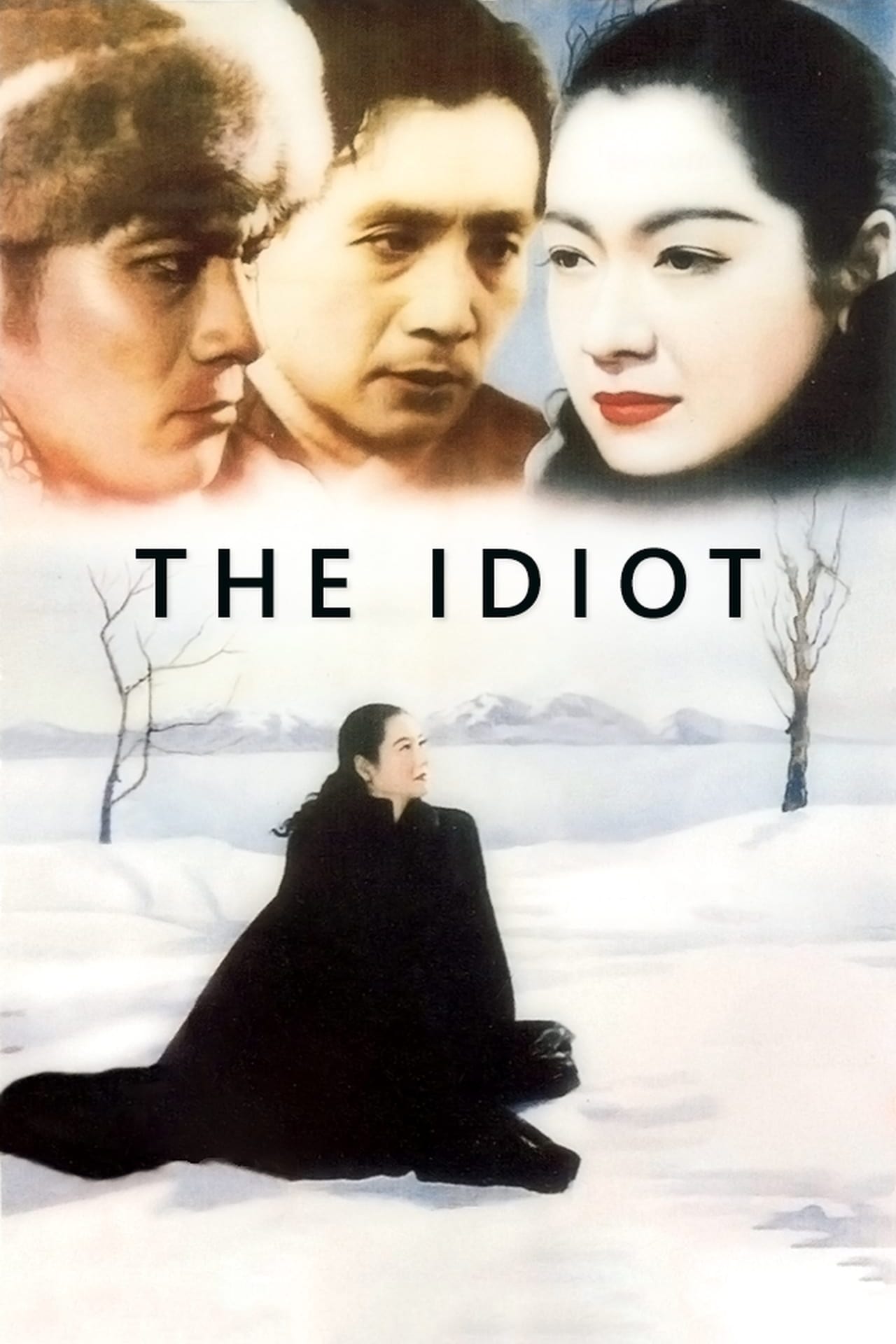
The Idiot
白痴
- Status: Released
- 23-05-1951
- Runtime: 166 min
- Score: 7.004
- Vote count: 118
Kameda, who has been in an asylum on Okinawa, travels to Hokkaido. There he becomes involved with two women, Taeko and Ayako. Taeko comes to love Kameda, but is loved in turn by Akama. When Akama realizes that he will never have Taeko, his thoughts turn to murder, and great tragedy ensues.
Cast
Trailer
Review
"Kameda" (Masayuki Mori) is a Japanese soldier suffering from what looks like a degree of PTSD after he only narrowly escaped a firing squad for a crime he did not commit in his country's war with Russia. His mental status is distinctly precarious when he heads home. Along the way he encounters the savvy "Akama" (an on-form Toshirô Mifune) who is also a man on a bit of a mission - to wed his sweetheart "Taeko" (Setsuko Hara) who has been the kept woman of an older man for many a year. She is effectively put up for sale, and her potential buyer is a man - "Kayama" (Minoru Chiaki) - who is associated with a man who might be able to help "Kameda" reintegrate, but who is also in love with the feisty and head-strong "Ayako" (Yoshiko Kuga). The course of true love never runs smoothly and, upon meeting, she and "Kameda" find themselves drawn to each other. Now without giving too much away, the remainder of the film is an intricately constructed adaptation of Dostoyevky's original story of love, deception, integrity and loyalty that requires concentration and pays off if you do. It deals well with the implications of wartime illnesses and of the role of women in a society that still regarded them as (porcelain) chattels - as well as proving us with a more traditional, good old, love-triangle scenario. It is entertainingly structured with intensity and a degree of humour woven into a character study that offers a myriad of personalities and no obvious "right answer". What soon becomes clear though, is that the eponymous moniker attributed to "Kameda" is as ill-applied as could be. The photography amidst the snow-capped mountains of Sapporo is effective as a conduit for some of the emotional barren-ness and the score compliments well the evolving, frequently stalling, story that meanders towards a conclusion that ultimately demonstrates that a strong and characterful cast and a great story can easily carry almost 2¾ of cinema effortless and engagingly. Certainly worth a big screen viewing if you can. Well worth it.

